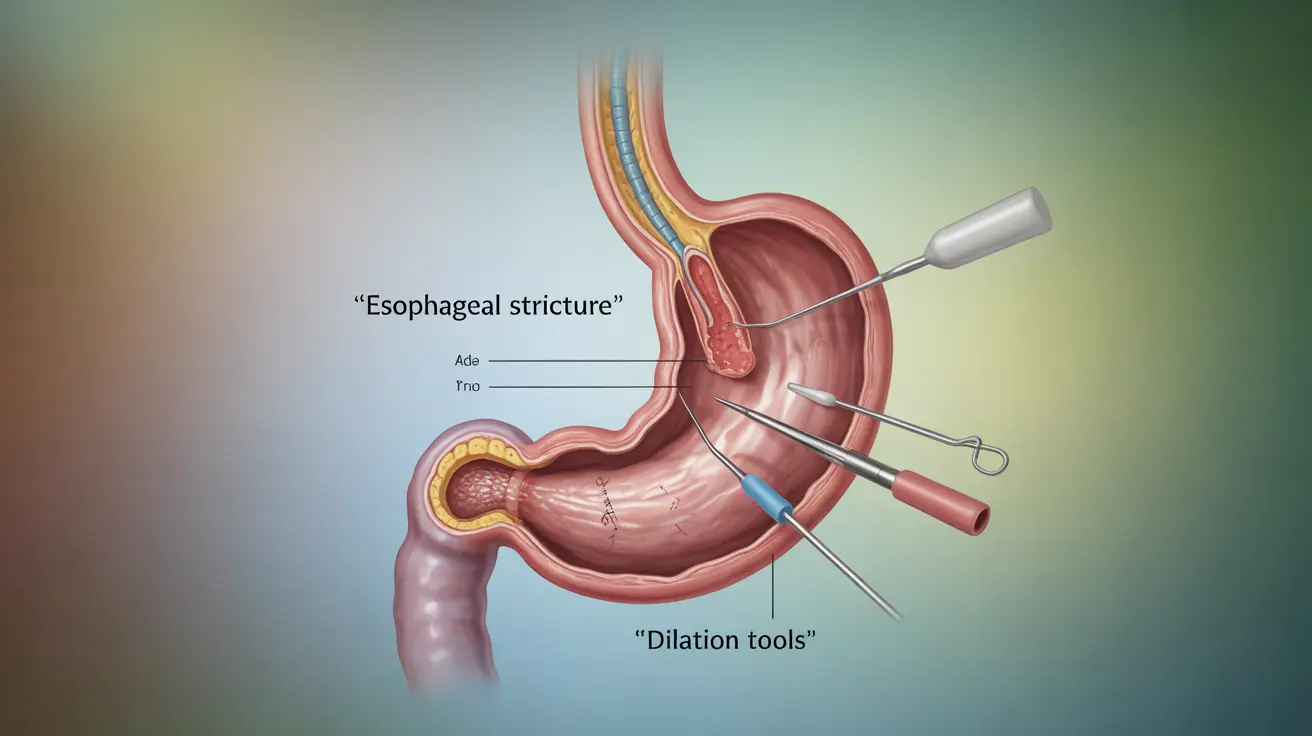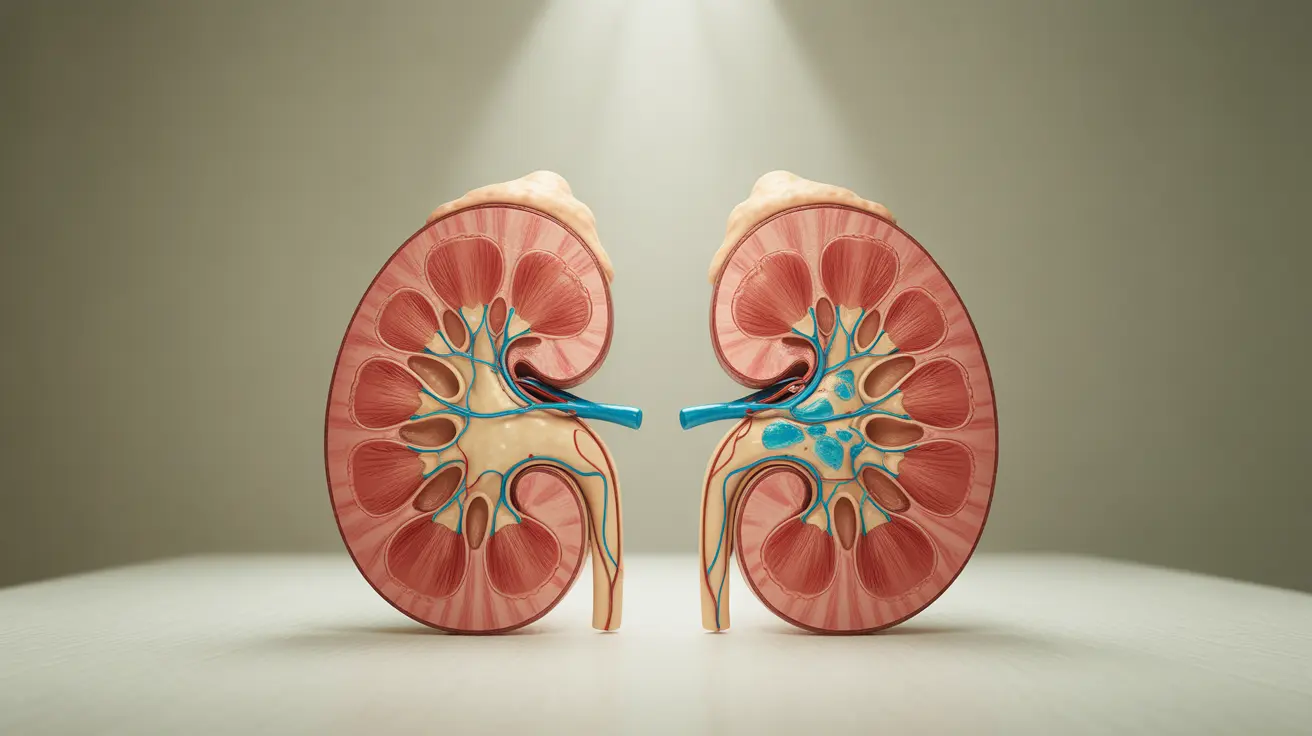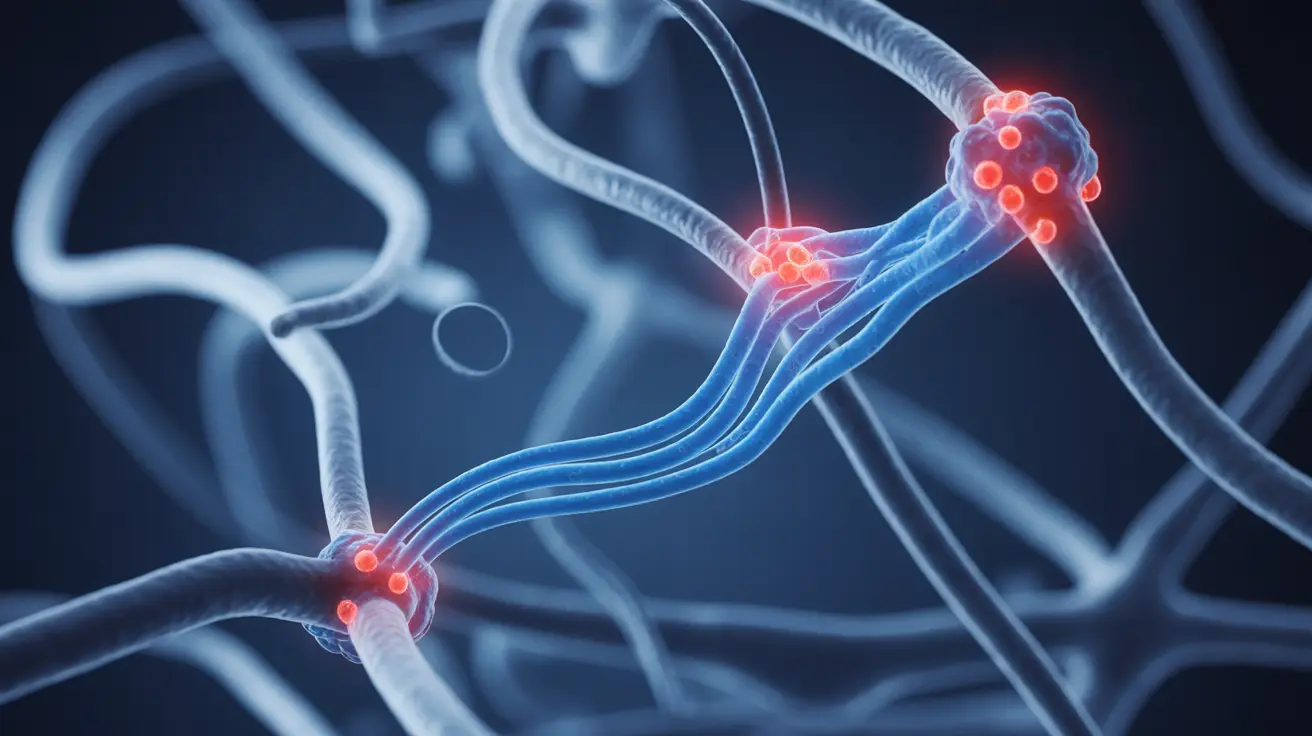Living with hepatitis C requires a thoughtful approach to self-care that can significantly impact your overall health and treatment outcomes. Understanding and implementing effective self-care strategies is crucial for managing symptoms, supporting liver health, and maintaining quality of life while dealing with this condition.
This comprehensive guide explores essential self-care practices that can help you better manage hepatitis C, from dietary considerations to lifestyle modifications and stress management techniques.
Protecting Your Liver Through Lifestyle Changes
The liver plays a crucial role in your body's health, and when living with hepatitis C, protecting this vital organ becomes even more important. Making specific lifestyle modifications can help reduce the strain on your liver and support its function during treatment.
Alcohol and Liver Health
Completely avoiding alcohol is one of the most critical steps in managing hepatitis C. Alcohol can accelerate liver damage and significantly impact the effectiveness of treatment. Even small amounts of alcohol can increase inflammation and scarring in the liver, potentially leading to more severe complications.
Maintaining Proper Hydration
Staying well-hydrated is essential for supporting liver function and managing treatment side effects. Aim to drink at least 8-10 glasses of water daily, adjusting this amount based on your activity level and climate. Proper hydration helps flush toxins from your system and supports overall liver health.
Nutrition and Dietary Guidelines
A balanced, liver-friendly diet plays a crucial role in managing hepatitis C and supporting your overall health during treatment.
Foods to Include
Focus on incorporating these beneficial foods into your diet:
- Fresh fruits and vegetables rich in antioxidants
- Lean proteins like fish, chicken, and legumes
- Whole grains for sustained energy
- Healthy fats from sources like avocados and olive oil
Foods to Avoid
Certain foods can strain your liver and should be limited or avoided:
- Processed foods high in sodium
- Saturated fats and fried foods
- Added sugars and artificial sweeteners
- Raw or undercooked seafood
Stress Management and Mental Wellness
Managing stress is crucial when living with hepatitis C, as chronic stress can impact your immune system and overall health. Implementing effective stress-reduction techniques can help improve your quality of life and treatment outcomes.
Beneficial Stress-Relief Activities
Consider incorporating these stress-management practices into your daily routine:
- Gentle exercise like walking or yoga
- Meditation or deep breathing exercises
- Regular sleep schedule
- Support group participation
- Engaging in enjoyable hobbies
Frequently Asked Questions
What are the best self-care tips for managing hepatitis C and supporting liver health? The most effective self-care strategies include avoiding alcohol completely, maintaining proper hydration, eating a balanced diet rich in nutrients, getting regular exercise, and managing stress through relaxation techniques.
Why should people with hepatitis C avoid alcohol, and how does alcohol affect liver damage? People with hepatitis C should avoid alcohol because it accelerates liver damage and can interfere with treatment effectiveness. Alcohol causes additional stress on the liver, increasing inflammation and potentially speeding up the progression of liver disease.
What foods should I eat or avoid if I have hepatitis C to help control my symptoms and protect my liver? Focus on eating fresh fruits and vegetables, lean proteins, and whole grains while avoiding processed foods, excessive salt, saturated fats, and added sugars. This diet helps reduce liver inflammation and supports overall health.
How much water should I drink daily to stay hydrated during hepatitis C treatment, and does hydration help reduce side effects? Aim to drink 8-10 glasses of water daily during hepatitis C treatment. Proper hydration helps reduce treatment side effects, supports liver function, and helps flush toxins from your system.
Are there any lifestyle changes I can make to lower my stress and improve my quality of life while living with hepatitis C? Yes, beneficial lifestyle changes include establishing a regular exercise routine, practicing relaxation techniques like meditation, maintaining a consistent sleep schedule, joining support groups, and engaging in enjoyable activities that help reduce stress.




